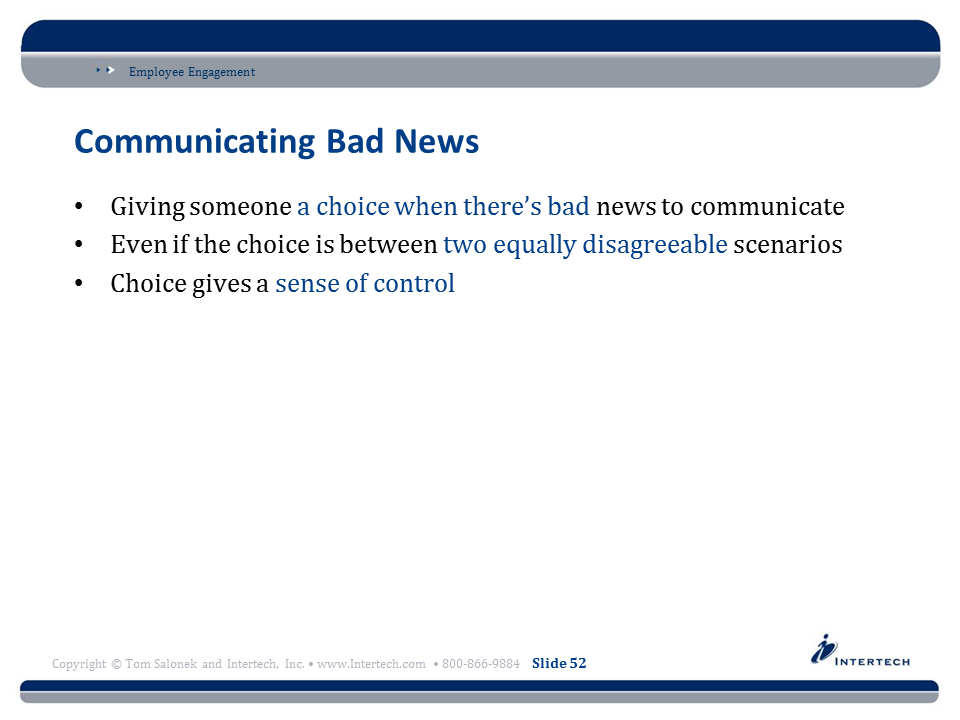Executive Brief: Selecting & Working with IT Consulting Firms

The global information technology industry is on pace to reach $5 trillion in 2019, according to the research consultancy IDC. The U.S. share of this enormous pie is $1.6 trillion in 2019, which represents 31% of the world’s tech market.
It’s exciting to participate in the biggest and most vital economic segment in the world. But it also means intense competition for skilled IT professionals who realize the market value of their highly in-demand expertise. No wonder many organizations engage IT consulting firms who can bring highly experienced consultants who put your interests first.
This Intertech Executive Brief provides insight into how to select an excellent consulting firm that fits your particular needs and to leverage that consulting relationship for maximum value.
Click here to get the Selecting and Working with IT Consulting Firms Executive Brief




